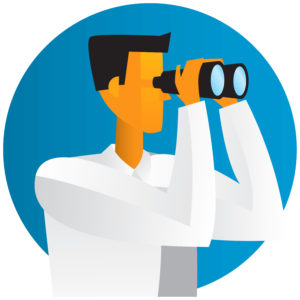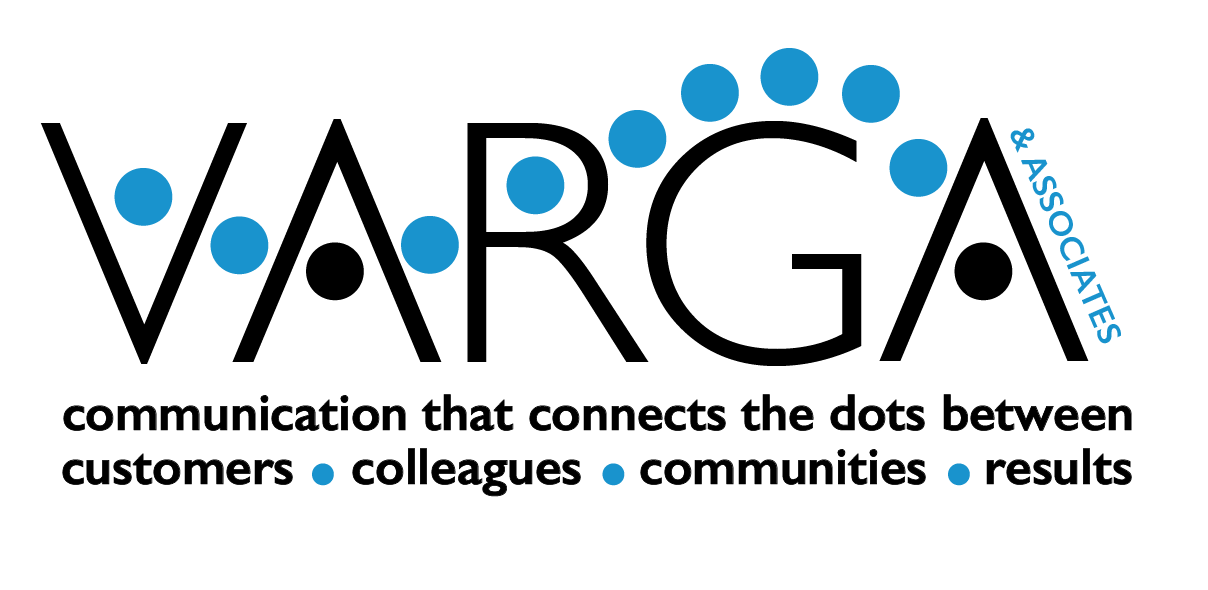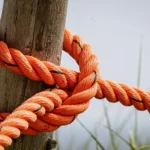I do my best to take daily walks in the park near my home. This past week I happened to walk by a father with his two young children on a couple of occasions as they traveled the same path as me. One thing that struck me was how the dad would focus his children’s attention on different things as they walked.
- “Hey, take a look at the bird’s nest in this tree…do you hear the chicks chirping?”
- “See how that person is picking up trash in the park on his own just to keep it clean?…what a nice thing to do…”
- “Notice how different people are exercising…some run…some walk…some play kickball…”
With each remark the children would follow with questions to help them understand what they were seeing even more clearly.
We live and work in a time when our observation skills are compromised or diminished. Our attention is grabbed by technology and the screen of the moment. We forget to notice, observe, reflect and contemplate.
As leaders, there can be value in helping guide and direct team members to notice. Is your staff paying attention to the right things? Are they observing the full picture? It has often been said that “seeing is not observing” – observing is more rigorous and combines seeing with what you know and hold to be true. When you are observant you watch people, situations and events and think critically about what you are seeing. Observation strengthens our communication and makes it more compelling.
Here are a few practical suggestions to share with your team to sharpen their powers of observation:
- Take notes and document
- If you are trying to assess customer behaviors, for example, zero in on a new store display and take notes on how customers interact with the promotion. Have your staff compare notes at the end of the week.
- When you pause, don’t pull out the phone
- Instead, the next time you find yourself in an airport or a crowded conference, take a moment to sit and watch the people passing by – notice how they interact with each other and navigate the crowd.
- Coffee with a colleague
- Challenge yourself to take time to learn something new from a colleague who may have very different life experiences or expertise than you.
- Go on a photo expedition
- This is where you are “allowed” to take your smart phone with you. Take a lunch break stroll with the intention of capturing specific kind of images (people wearing hats; city birds; abandoned clothing, trash, etc.)
- Read body language
- When you are in a meeting, make mental notes about what you think other’s body language is communicating (Interest? Distraction? Anger? Acceptance?)
Notice what you notice. At the end of the day, gather your staff (or ask yourself) what did you notice today that stood out to you? What elements of our customer service worked well? What aspects of our internal collaboration piqued your interest?
Communication is enhanced whenever we can bring a fuller, more informed perspective to the dialogue. The better we observe, the sounder our decisions will be and the richer our experiences will become.






